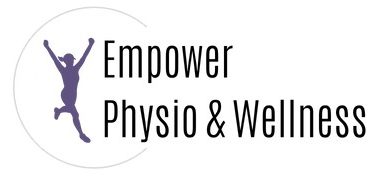If you missed the last blog post, I highly encourage you to go read it. I introduced the concept of heart rate variability (HRV), its quiet but potent history, and some of the modern ways it’s being used to measure stress, treat chronic illnesses, and improve sports performance. Today, we’ll delve into the correlation between the nervous system and a person’s HRV reading.
Think of your nervous system as a seesaw on a playground. If that seesaw isn’t able to go up and down with ease, it wouldn’t make it a very useful seesaw, would it? The same concept applies to your nervous system: a well-functioning nervous system can go from an alert, revved-up state to a calm and relaxed state.
This switching back and forth refers to parasympathetic and sympathetic responses. The parasympathetic response is when your body is relaxed and at ease, while the sympathetic response is when the body is stressed and alert. A functioning nervous system can go back and forth between these two states on demand. HRV readings show how well your nervous system can adapt to changes in your environment – changes that can be reflected by the changes in your heart rate.
If you’re in an environment where you need to focus and be alert, can your nervous system send signals to your body to achieve this? If it’s time to be calm and relaxed, can your nervous system also send out signals to your body’s systems to be calm and relaxed? During the time you spend awake and sleeping, your nervous system exists on a spectrum from very alert and stressed to very calm and asleep. Your HRV is basically a measurement of how well your nervous system is able to slide up and down that spectrum on demand or stimulus.
As you go through life, even on a daily basis, you experience moments of stress. Certain forms of stress in life are good, as long as the nervous system is able to bounce back from them and adapt. Your workouts are actually a form of stress and how well you recover is what makes you stronger. If the nervous system cannot recover, your body isn’t adapting.
The same goes for other things in life like work, family, and relationships. All of these can bring stress in your life and proper recovery will result in growth mentally, emotionally, and physically. When you have more control and access to your nervous system through HRV, you can optimize how you perform in sports and life.

Benn Mudzi is the founder of Xnox Performance, a functional performance training business. After a serious injury ended his college football career, Benn noticed many shortcomings in the healthcare system while recovering from surgery. This sparked a passion for optimizing human performance through holistic approaches and education. He’s used his knowledge of biomechanics, holistic coaching, and sports performance to develop a comprehensive weight training program for fitness and sports athletes.



